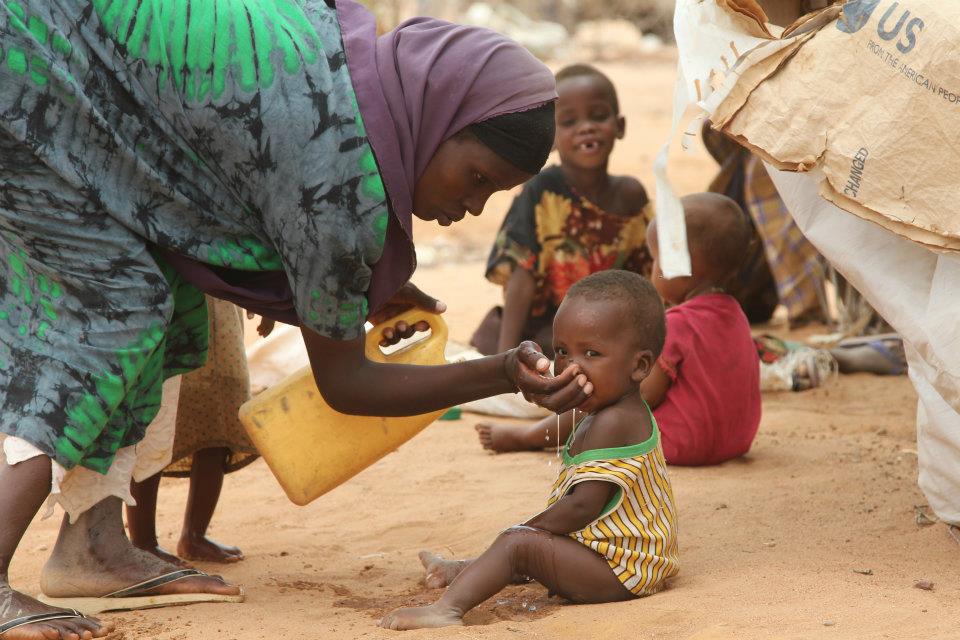Continued from yesterday’s guest post…
I want to consider a few objections to international giving:
1. “But we have poor right here in America”
When we refer to the “poor” in America, this is generally a form of relative poverty, rather than absolute poverty. Relative poverty means that you have less than those around you (perhaps embarrasing, but not usually life threatening). As I mentioned before, there is so much freely available commodities in america (free water at drinking fountains, free bathrooms, freed food at various missions, and even legitimate food in dumpsters), it is almost unrealistic to even classify anyone as living in absolute poverty in America.
Now there are real problems of hunger in America. It would be naive to consider the UN poverty level of $1.25 a day as appropriate across all countries. Basic necessities are simply much costlier in America. People really are in need here, that can’t be denied, but when faced with the comparison of needs, the reality is that poverty we see in America is not commiserate with the poverty in the third world counties.
The higher monetary levels of food and trading in America leads to another important consideration: Not only do the poorest of the world live outside the US, but due to exchange rates and currency inequalities, we actually have far greater purchasing power of relief and development supplies overseas than we do here.
The US dollar can buy vastly more food in Africa and southern Asia than it can in the US. Given the option between spending your dollar to feed ten people vs feeding one person, why aren’t we choosing the former?
This is a serious question that deserves real consideration. Why does someone choose to meet the needs of someone who is close in proximity when the same funds can serve the needs of many that are further away? It seems the most noble answer would simply be ignorance and lack of consideration or apathy. A far more frightening and disturbing possibility is that we actually consider the life of an American worth more than the lives of a several from other countries. Could we really be following such a sick and detestable form of racism, dressed up in nationalistic pride or worse, religious-based supremacy?
Could we really be claiming that American lives are worth more than foreigners? It seems there are immigration and international affair decisions that suggest that we do.
This inequality is taken for granted in journalism; the death of one American is considered to be equivalent to the death of 10 Europeans or 100 Africans in terms of newsworthiness. It is one thing to apply this concept to printing newspaper, it is far more troubling when this dictates who gets the basic essentials for survival.
{Challenged with you… thanks so much for considering these things. More tomorrow…}
One thought on “GIVE: Bang for your buck”
Comments are closed.



I have presented this same argument for over 20 years when representing the needs of Haitian and Dominican children is venues like Jesus Northwest. In the USA there is a safety net for the poor, food cards, medical care, water, etc. There is no comparison to the fact that one out of 8 kids will die in Haiti before the age of 5 and 20% of African children will die before age 5. When people felt strongly about helping “kids right here” I would send them to another booth where they could sponsor a child in Appalachia. Somehow I doubt they did. While there is something to the racism theory, I suspect most people don’t get involved financially in helping those in other countries due to doubts of the help actually getting to those who really need it. Skimming off the top by organizations has soured many Americans to foreign giving. Once people know the majority of their money actually goes to the needy, they are much more willing to give.